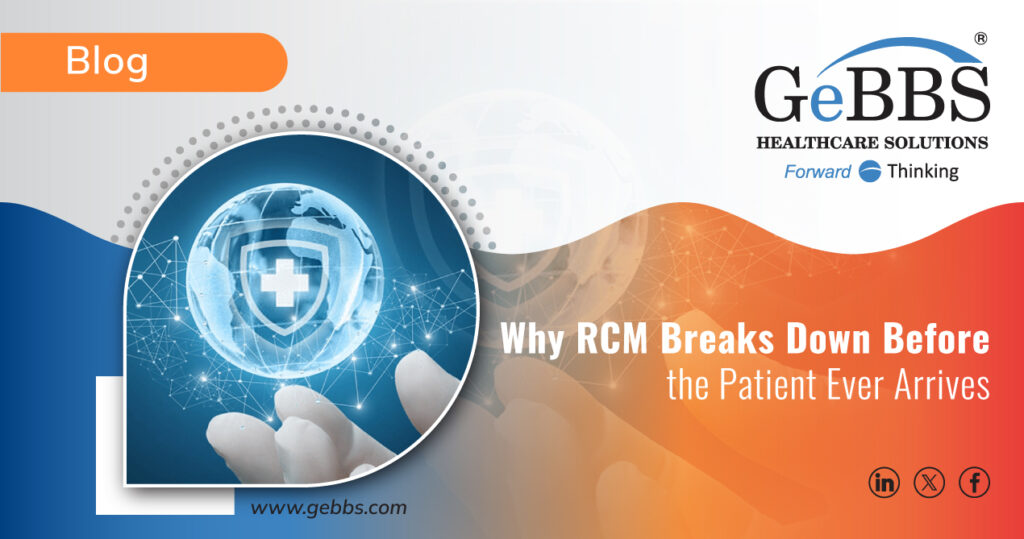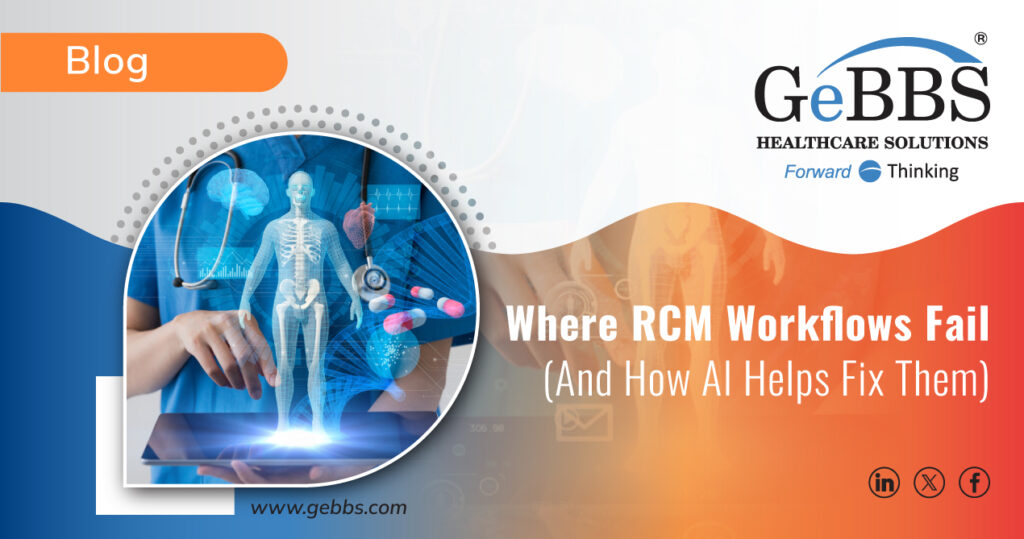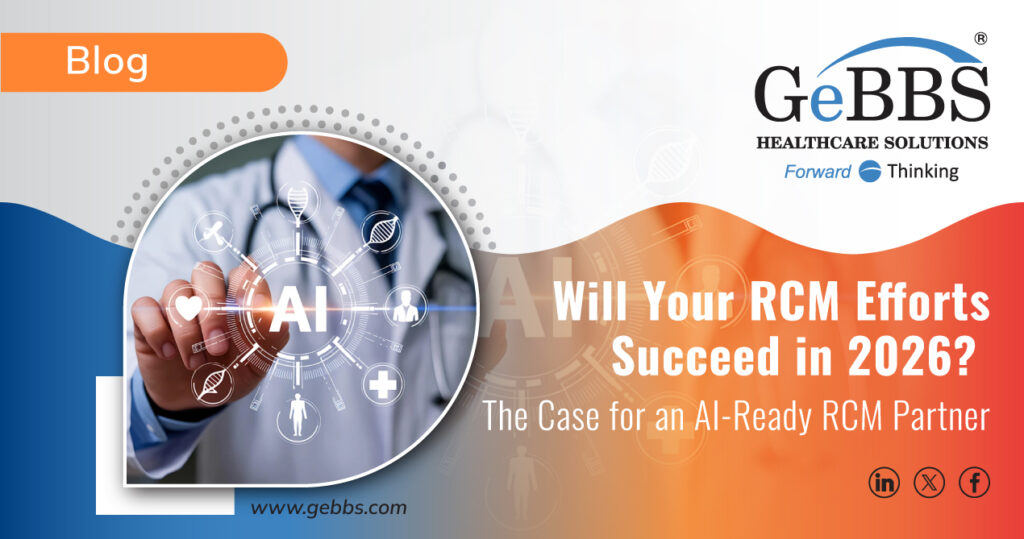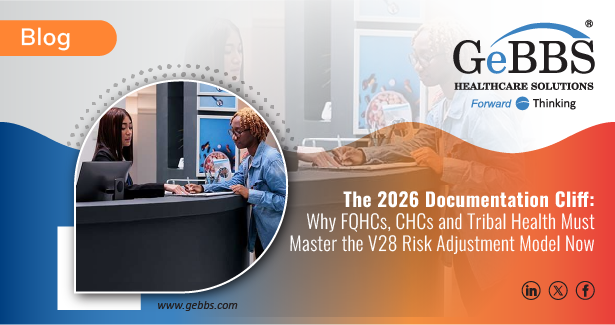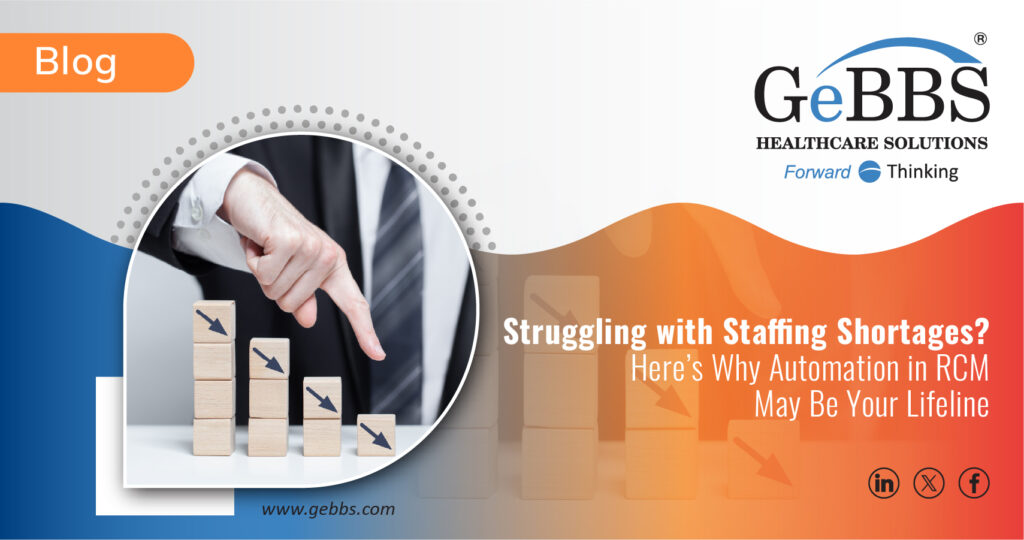How much emergency cash should you have in reserve to deal with ICD-10? Most healthcare providers can expect disruptions, some of them very serious, in their payments during the transition to ICD-10. Even if you have made preparations for this event, it is likely your revenue stream will take some kind of hit.
Since all your expenses and cash outlays will remain the same, and may even increase, during the transition, some industry pundits are suggesting that you have several months of cash reserves, or at least, access to cash through loans or lines of credit to avoid potential problems.
The HIMSS ICD-10 PlayBook, a blueprint for provider and payers’ ICD-10 implementation, recommends that providers should have a minimum of six months of cash reserves to mitigate revenue impacts during the ICD-10 transition period. How many healthcare providers have this kind of cash on hand? Not many.
You can count on delays in your reimbursements, and having access to cash reserves may not be a bad idea, but this is not an option for all providers. One option that is available to everyone is – preparation! You can be prepared to mitigate the financial risks of the transition to ICD-10. Even with lots of testing by vendors, clearinghouses and payers, no one can actually know the true effects of ICD-10 until they “flip the switch” on October 1, 2014.
A survey reported in the 8/14/13 edition of HISTalk claims only 38 percent of providers participating in the survey were at least somewhat confident in their practice’s ability to transition to the ICD-10 code set. This indicates we have a “steep hill to climb” to be ready to meet the ICD-10 deadline.
You can be prepared to mitigate your revenue stream disruption
The time to start your risk mitigation activities is NOW! And, your first step should be to conduct an ICD-10 readiness review. This review will provide a roadmap that can guide your organization through a successful transition experience. As mentioned earlier, no one can know the actual effects of the transition, but you can examine carefully where and how the new coding set will affect your entire organization.
To deal with this change management, select a person who will be in charge of your ICD-10 transition project. This person’s responsibility will be to monitor all changes that will inevitably occur before the deadline, and report these activities to the rest of your staff. This individual will also be responsible for engaging key stakeholders to convince them that ICD-10 compliance is critical to the financial health of your organization, and to ensure there is a “sense of urgency” within your organization to drive the necessary changes forward.
Readiness review should include a gap assessment and analyses
A gap assessment will help you gain an understanding of where and how ICD-10 will impact your organization. The assessment should include your people and their expertise, your business processes and your technology to determine the impact of ICD-10, enterprise-wide. Any part of your organization that will be impacted by ICD-10 such as, the programs and systems you are presently using for claims processing, analytics fraud detection, enrollment, eligibility and benefits. This gap assessment will let you know where you need to proactively make critical process changes before the deadline falls and your revenue is impacted.
Educational opportunities are available
Specialty associations, such as AHIMA, AMA, MGMA and several billing associations will be offering training programs and information. Take advantage of these opportunities. Every organization is going to need some kind of training. The learning curve is going to be tremendous. Online educational programs that your staff members can access any place they have Internet availability will impact their daily productivity the least. Industry webinars sponsored by various associations will focus on specific aspects of the ICD-10 transition. Monitor the topics of these webinars and ensure your staff members attend the appropriate ones
Don’t try to everything on your own
Finally, don’t try to do everything on your own. Enlist technology to help you on your journey. Technology is available in the form of computer-assisted coding (CAC) tools. These tools automatically derive and assign medical codes from within clinical documentation. Many are already ICD-10-ready.
Your organizations can streamline your revenue cycle processes with CAC tools, while becoming increasingly more compliant with the requirements of payer and quality reporting. These technologies can work with your electronic health record and financial systems to produce extremely accurate coding. The benefits are many and you are going to need all the help you can get. These systems don’t replace your professional coders; they just aid them and ensure improved: accuracy, compliance, productivity and consistency.
Implement revised processes discovered during gap assessment
The final steps in your journey to ICD-10 compliance require the implementation of your revised business processes, uncovered during your gap assessments. This is easier said than done, but it has to be accomplished. Another option is to enlist outside coding help for a period of time to ensure your coders have the expertise and bandwidth to handle the increased workload under the new coding system. When you are satisfied your staff can do everything on its own, you can go it alone. You can count on delays in your reimbursements, during the transition process, but with a good plan of action in place, you can mitigate a significant amount of your financial risks. If you are properly prepared, there is a good chance you won’t need six months of cash in reserves when they “flip the switch” on October 1, 2014. Anyway, who has that kind of cash in reserve?

